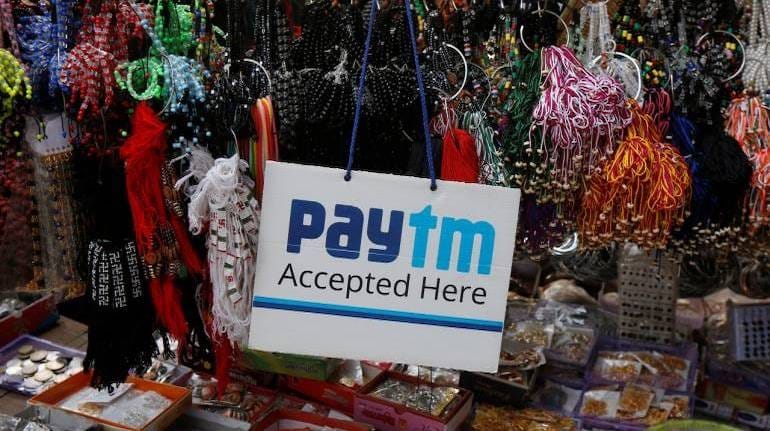



Paytm Payments Bank's repeated failure to address Reserve Bank of India's warnings on gaps in internal risk management, particularly in flagging transactions involving politically exposed persons (PEPs), played a key role in the banking regulator's decision to shut its operations, two people aware of the matter said.
The banking regulator's audit of Paytm Payment Bank's risk management system revealed several deficiencies, particularly in the due diligence process for onboarding politically exposed people, the people said, requesting anonymity. Not only did the payments bank lack proper systems to monitor PEPs, but it also failed to properly file Suspicious Transaction Reports (STRs) to the government's Financial Intelligence Unit, the people said, requesting anonymity.
The observations from the RBI did not target any particular PEP, but rather addressed the overall risk management systems in place at the bank, one of the people cited above said.
Responding to a query from Moneycontrol, Paytm said that it had robust systems to ensure compliance with the PEP norms.
Also Read: Paytm loses charm as kiranas turn to other payment apps
"We have adequate systems and processes to comply with regulatory guidelines. Our team is dedicated to ensuring that every aspect of our transaction reporting and account surveillance adheres to the strictest standards of compliance." a Paytm spokesperson said.
A spokesperson for RBI did not respond to requests for comments on February 8.
PEPs are typically those linked to or related to politicians and senior bureaucrats. Banking rules consider them high-risk clients since there is a higher probability of activities such as money laundering. Hence, rules mandate financial institutions to conduct extra due diligence and collect additional know your customer (KYC) documents under Prevention of Money Laundering Rules(PMLA), experts said.
Banks maintain a shared database of such individuals and entities based on past history. However, the lenders are also required to conduct additional due diligence to ascertain if an individual is a PEP in certain cases. Financial institutions typically use IT systems to track an individual's PEP status, allowing lenders to track an account even when there is no voluntary disclosure.
The RBI audit also observed that the payments bank did not promptly submit STRs for certain suspicious transactions. According to the rules, banks and financial institutions are required to report any unusual transaction to the RBI. Banks' IT systems typically red flag these transactions, which are further scrutinized by in-house surveillance and risk management teams. The details of such suspicious transactions are then reported to RBI for further action.
Discover the latest Business News, Sensex, and Nifty updates. Obtain Personal Finance insights, tax queries, and expert opinions on Moneycontrol or download the Moneycontrol App to stay updated!
Find the best of Al News in one place, specially curated for you every weekend.
Stay on top of the latest tech trends and biggest startup news.